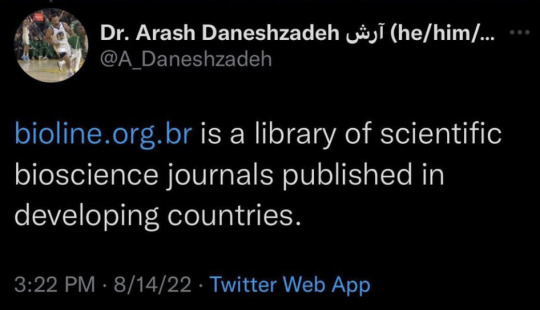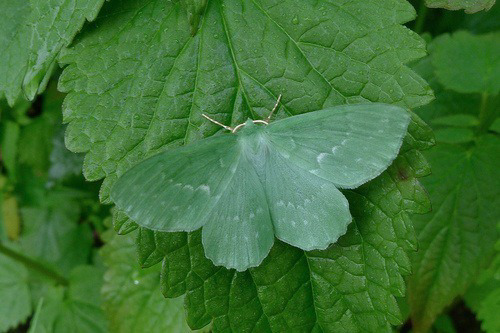Don't wanna be here? Send us removal request.
Text
I wanted to deliver healing pastel colors to you.

7K notes
·
View notes
Text





young russian anarchists dmitri and zosia pictured in propaganda magazine, quotation from dmitri, photographs by fred h. berger, december 1999.
2K notes
·
View notes
Text

Well we’re at the end of the story- but now it’s a series so does anything ever really end?
Thanks for all the reads and love-y’all rule❤️
https://archiveofourown.org/works/64876981/chapters/169539922
#911 abc#911 speculation#buddie#buddie fic#eddie diaz#evan buckley#911 spoilers#athena grant#bobby nash#911 show#911 season nine#911 season 8#bringing bobby back#bobby nash lives#bathena forever#bathena#118 firefam
3 notes
·
View notes
Photo

Art by Edmund Dulac, 1915, ‘The Ice Maiden,’ from the book, Dreamer of Dreams.
21K notes
·
View notes
Text

https://archiveofourown.org/works/64876981/chapters/169280128
Chapter 12 of my season 9 Bobby resurrection fix up now!
We’re moving to the end of the line.
#911 abc#911 speculation#buddie#buddie fic#eddie diaz#evan buckley#911 spoilers#athena grant#bobby nash#911 show#bringing bobby back#bobby nash lives#911 season nine
9 notes
·
View notes
Text
cruelty is so easy. youre not special for choosing it
252K notes
·
View notes
Text
"The substances behind the slimy strings from okra and the gel from fenugreek seeds could trap microplastics better than a commonly used synthetic polymer.
Texas researchers proposed in 2022 using these sticky natural polymers to clean up water. Now, they’ve found that okra and/or fenugreek extracts attracted and removed up to 90% of microplastics from ocean water, freshwater, and groundwater.
With funding from the U.S. Department of Energy, Rajani Srinivasan and colleagues at Tarleton State University found that the plant-based polymers from okra, fenugreek, and tamarind stick to microplastics, clumping together and sinking for easy separation from water.
In this next stage of the research, they have optimized the process for okra and fenugreek extracts and tested results in a variety of types of water.
To extract the sticky plant polymers, the team soaked sliced okra pods and blended fenugreek seeds in separate containers of water overnight. Then, researchers removed the dissolved extracts from each solution and dried them into powders.
Analyses published in the American Chemical Society journal showed that the powdered extracts contained polysaccharides, which are natural polymers. Initial tests in pure water spiked with microplastics showed that:
One gram of either powder in a quart (one liter) of water trapped microplastics the most effectively.
Dried okra and fenugreek extracts removed 67% and 93%, respectively, of the plastic in an hour.
A mixture of equal parts okra and fenugreek powder reached maximum removal efficiency (70%) within 30 minutes.
The natural polymers performed significantly better than the synthetic, commercially available polyacrylamide polymer used in wastewater treatment.
Then the researchers tested the plant extracts on real microplastic-polluted water. They collected samples from waterbodies around Texas and brought them to the lab. The plant extract removal efficiency changed depending on the original water source.
Okra worked best in ocean water (80%), fenugreek in groundwater (80-90%), and the 1:1 combination of okra and fenugreek in freshwater (77%).
The researchers hypothesize that the natural polymers had different efficiencies because each water sample had different types, sizes and shapes of microplastics.
Polyacrylamide, which is currently used to remove contaminants during wastewater treatment, has low toxicity, but its precursor acrylamide is considered toxic. Okra and fenugreek extracts could serve as biodegradable and nontoxic alternatives.
“Utilizing these plant-based extracts in water treatment will remove microplastics and other pollutants without introducing additional toxic substances to the treated water,” said Srinivasan in a media release, “thus reducing long-term health risks to the population.”
She had previously studied the use of food-grade plant extracts as non-toxic flocculants to remove textile-based pollutants from wastewater and thought, ‘Why not try microplastics?’"
-via Good News Network, May 10, 2025
16K notes
·
View notes
Text

Nick Drake photographed by Keith Morris in London, 1969
(Source: dog-house-riley, + + +)
344 notes
·
View notes
Text


refseek.com

www.worldcat.org/

link.springer.com

http://bioline.org.br/

repec.org

science.gov

pdfdrive.com
331K notes
·
View notes







